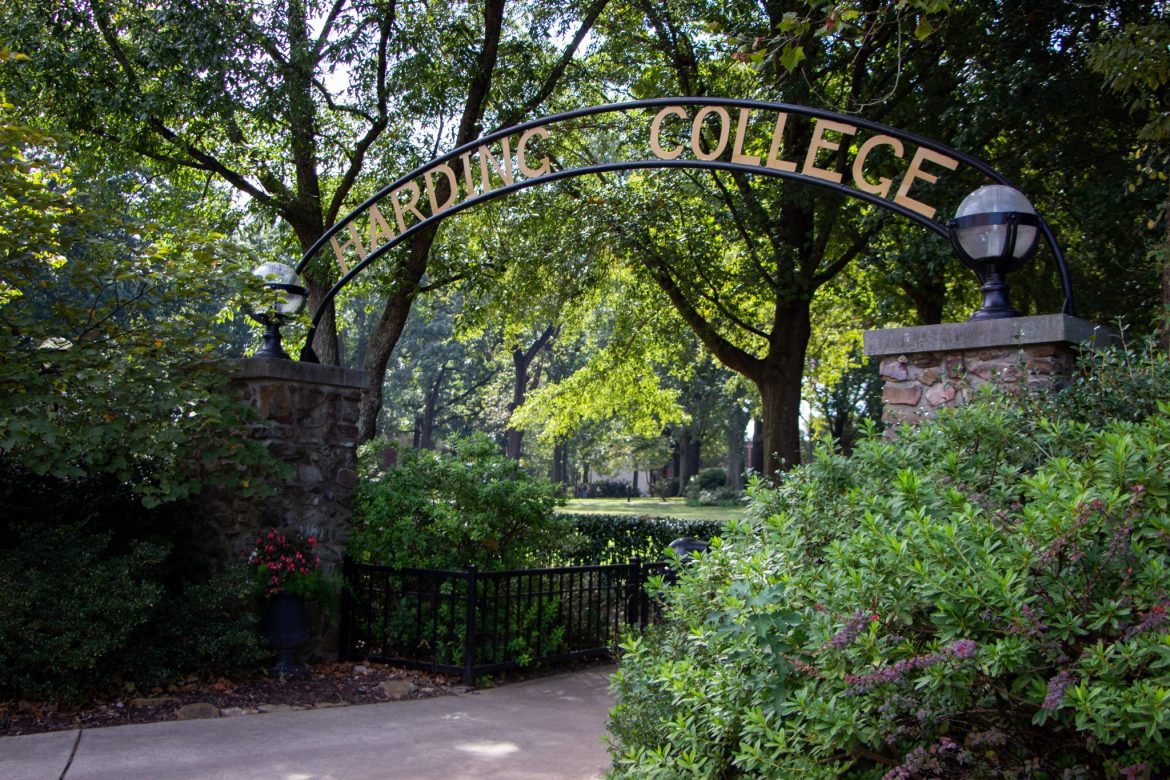Students majoring in Integrative studies have the opportunity to design their own degree plan. This helps students who want to take several courses in different fields without the risk of wasting money. Students get to choose what courses they want to take and how they want to apply each course to their major.
Integrative studies director Dr. Heath Carpenter explains that this program is beneficial to students who want to create their own academic experience without being restrained to a specific set of classes. He said that this program is well-equipped to help students enter the workforce.
“This program is an opportunity to better meet student needs, intellectually and professionally, as they leave Harding with a diverse, dynamic and flexible academic experience with skills and worldview ready for an ever-changing job market,” Carpenter said.
Sophomore Braden Mathews switched from a Bible major to an arts of missions and intercultural studies major. He said he didn’t think a degree in Bible was enough for what he wants to do.
“This program has definitely made me enjoy and have a more positive view of college. I will be taking the classes I want to take and the ones that will equip me best for the world,” Mathews said.
As with all majors at Harding, the integrative studies major still requires 53 hours of liberal arts courses. Aside from these, four hours are dedicated to integrative studies. Students are then able to use the remaining 45 hours of the major for several concentrations of their choosing.
Junior James Baker, who is currently a medical humanities major, is switching over to integrative studies.
“I wanted to take some classes that were in my major and didn’t want to take some classes that were,” Baker said.
Baker said he wanted to combine classes from different departments that would count toward his degree plan. Although he is currently in the process of creating his own major, Baker says that he would still recommend this program to any student who wishes to pursue a similar path.
“I would suggest this to students who do not have a specific job in mind after they graduate,” Baker said. “It is a bit taboo in our society to graduate without a plan, and so we force students to pick their career path before they are sure what they want to do with their life.”
Although this option is a great fit for many students, this program should be well- thought out and consulted with advisors available on campus.
“Students would just need to be sure that a traditional major isn’t a better fit,” Carpenter said. “For example, if you want to be a nurse or an accountant, those majors are obviously the appropriate route to take.”
